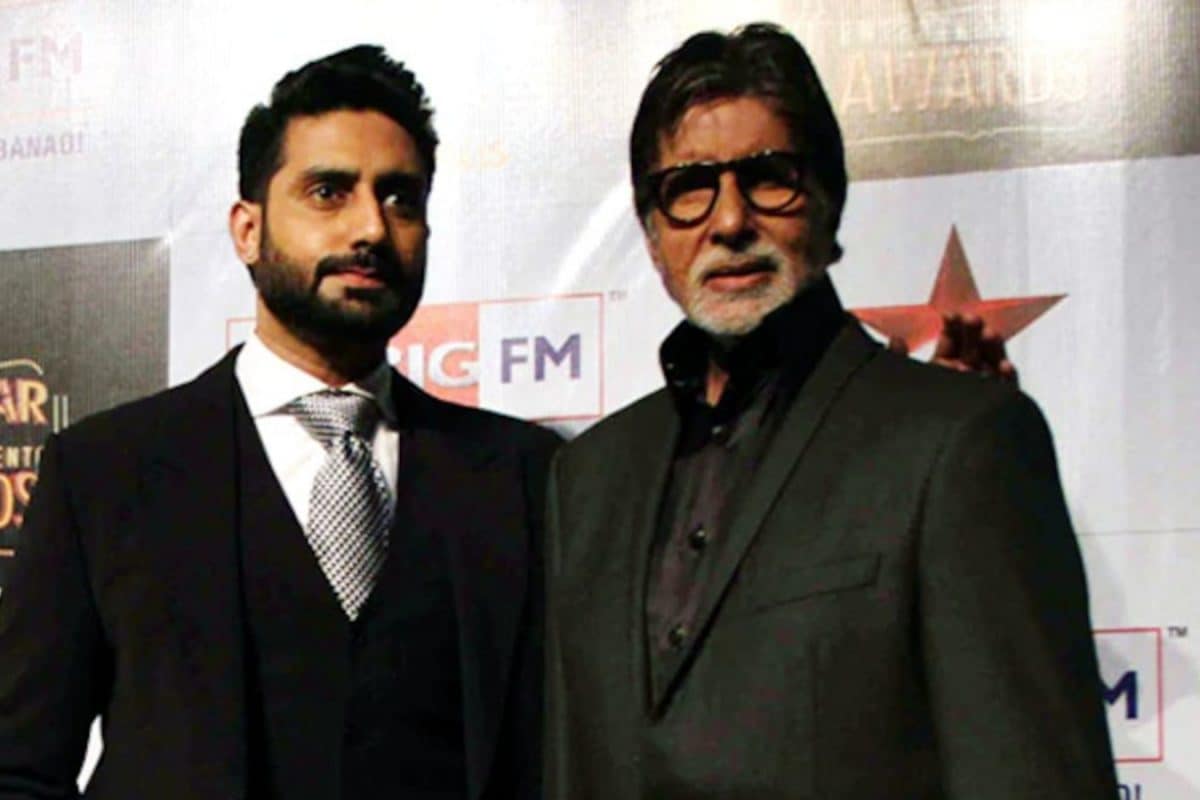

Abhishek Bachchan, son of the legendary Amitabh Bachchan, recently revealed the struggles he faced at the beginning of his Bollywood career. Contrary to what many might assume, his path to becoming an actor wasn't paved with ease due to his father's fame. In fact, according to Bachchan, numerous directors declined to launch him, expressing reluctance to bear the responsibility of launching Amitabh Bachchan's son.
In a recent interview on Galatta Plus, during a roundtable featuring Hindi actors, Bachchan shared that despite the buzz and anticipation surrounding his entry into the film industry, many filmmakers were hesitant to work with him. He recalled meeting numerous directors who "respectfully declined," stating they didn't want the burden of launching him.
Bachchan's journey began with working alongside ad filmmaker Rakeysh Omprakash Mehra on a project called "Samjhauta Express". They approached Amitabh Bachchan to produce the film under his ABCL banner, but he reportedly dismissed the script. Despite this setback, Abhishek's breakthrough came when filmmaker JP Dutta noticed him at the Filmfare Awards, where he accompanied his father. Dutta approached him for a role in a film about a Mughal descendant, though this project never materialized. However, Dutta eventually cast him in "Refugee" (2000), opposite Kareena Kapoor.
Bachchan also revealed the financial difficulties his family faced before his debut. He returned to India from the United States to support his father during a challenging period. He even took on roles as a production assistant and assistant director to learn about the industry. He recalled attending the Filmfare Awards and not being able to afford appropriate formal wear.
Despite a rocky start and comparisons to his father, Abhishek has carved a niche for himself in Bollywood. He has delivered memorable performances in films like "Dhoom," "Yuva," and "Guru". More recently, he starred in Remo D'Souza's "Be Happy," a dance drama about a father-daughter relationship, and R Balki's sports drama "Ghoomer".